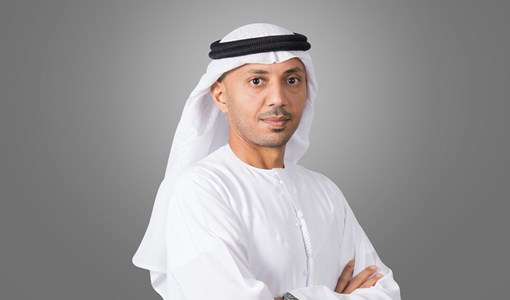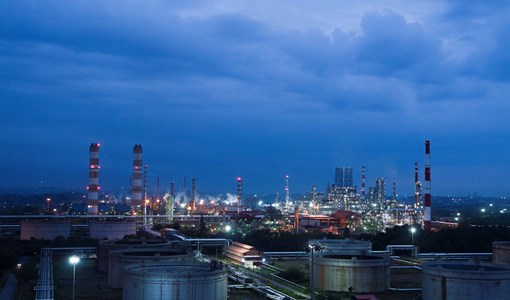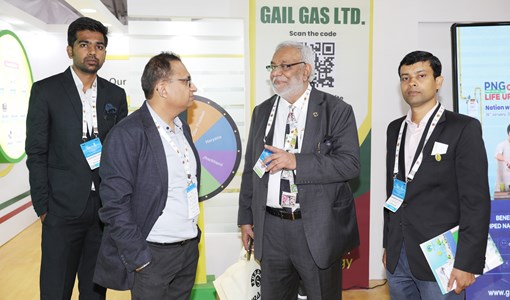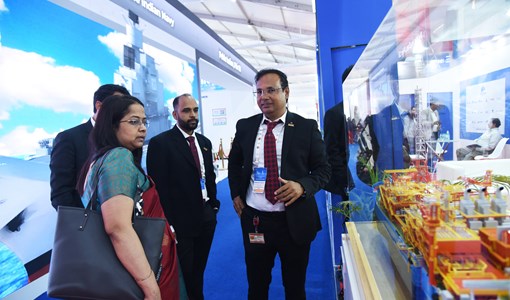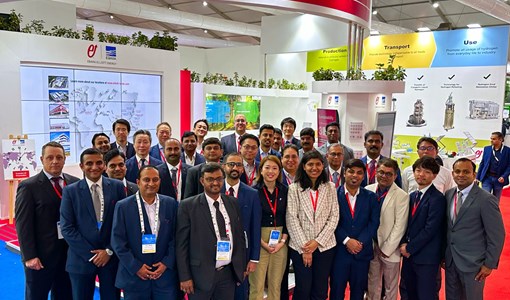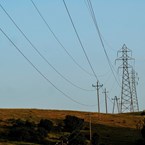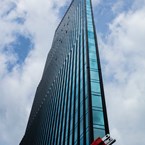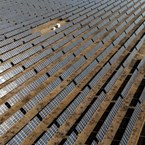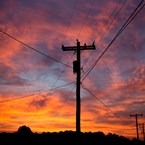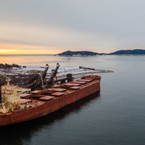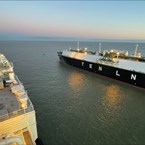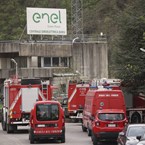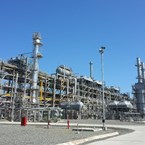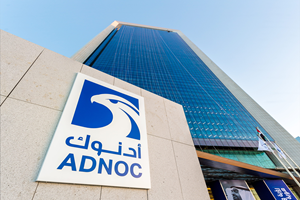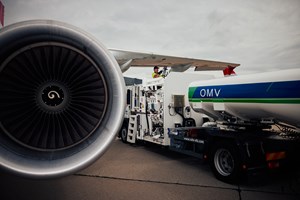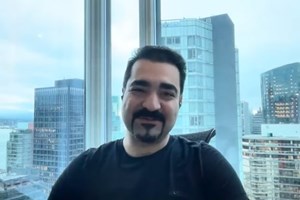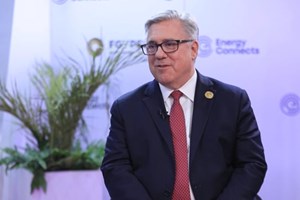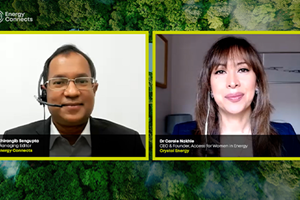Shell marks a new chapter in Oman with upstream agreement
Pipeline Magazine’s Julian Walker speaks with Chris Breeze, Shell Oman Country Chairman about its upstream agreement with the Oman Ministry of Oil & Gas that marks a new chapter for the oil giant in the country
What is the significance of the recent upstream agreement signed in Oman?
In February of this year, Shell and the Oman Ministry of Oil & Gas, signed an Interim Upstream agreement that details funding and a work programme for 2019 for the development of gas resources destined for integrated projects to help meet the Sultanate of Oman’s growing need for energy. The other signatories were Petroleum Development Oman (PDO), Oman Oil Company (OOC) and Total. The upstream agreement covers gas acreage in the northern part of Block 6 located to the west of the existing Saih Rawl gas field that is operated by PDO. The project covers investments in gas exploration and production, in partnership with Total and OOC. The aim is to integrate the Shell and OOC share of the upstream project with the development of a gas-to-liquids plant (GTL) currently under discussion, to be developed and operated by Shell in partnership with OOC. The agreement is a significant step forward. We hope that the development of gas resources destined for the integrated projects will play an important role in generating in-country value and diversifying Oman’s economy. This agreement also marks a new chapter in Shell’s close partnership with the government of Oman.
What opportunities do you see in the Omani market?
The possibilities for Oman are vast. PDO remains the main oil and gas company in Oman and it is looking at growing its production. There are many oil and gas resources to be explored and developed, and the gas outlook for Oman is promising. We are interested as a company in investing in gas applications and development in Oman. Renewables, including solar offer a lot of potential as well. Shell Development Oman recently signed a land lease agreement with SOHAR Port and Freezone to develop solar powered solutions for the freezone’s industrial tenants. The agreement means that businesses in the freezone could be powered by solar photovoltaic projects instead of gas – freeing up natural gas resources for better economic use. In addition, we see numerous energy efficiency opportunities across the various sectors and industries in Oman that can potentially result in significant cost savings. Some of them are “low hanging fruit”.
Why is Oman seen as an important country for Shell?
We are proud of our history in the country and Shell sees Oman as a heartland. The Sultanate of Oman and Shell have forged a strong partnership since the 1960s that has become central to creating the country’s energy industry. Contributing to far-reaching social and economic development, it has brought benefits to Oman and value to Royal Dutch Shell. We will remain committed to the country through the energy transition that we are all living through. We have a very clear growth aspiration in Oman, and the first material steps are indicated by the upstream agreement we signed earlier this year.
What gas technologies are you planning to bring to Oman?
Over the decades, Shell has acquired and developed advanced technologies and expertise to drill for new resources of gas, then produce them safely and efficiently – in places ranging from land to challenging environments thousands of Shell technology in Oman metres beneath the seas. In addition, Shell was one of the first companies to use Smart Fields, or Digital Fields, technology. Thousands of sensors built into equipment in the field, such as valves and pumps, send data about temperature, pressure and other field conditions to control centres. Deploying such technologies in our future gas operations in Oman is an area we will be looking at.
One of the technologies we are also working on bringing to Oman in partnership with Oman Oil Company (OOC) as part of the integrated gas projects is Gas-to-Liquid (GTL) technology. Shell is a world leader in GTL technology: we have been pushing the boundaries of GTL technology and GTL product innovation for more than 45 years. Our GTL technology converts natural gas into high-quality liquid products including transport fuels, motor oils and the ingredients for everyday necessities like plastics, detergents and cosmetics.
What technologies are you bringing into Oman from the global Shell portfolio?
We have a long-standing history of supporting PDO with the latest relevant technologies. Currently, we are supporting PDO on several strategic alliances that include fibre optics, geophysical, materials and corrosion and enhanced oil recovery. Additionally, we share with PDO our success globally of deploying hundreds of proven technologies that can be replicated in PDO if the business case warrants it. We have ongoing projects in the domains of energy efficiency and predictive maintenance leveraging the power of digital data. PDO also applies cutting-edge technologies in a number of different areas, such as the solar steam project “Miraah” with GlassPoint Solar and the water treatment project with Bauer Nimr. In the integrated gas project, Shell will leverage its technology and process strengths in upstream and develop the Omani gas resources through the deployment of the GTL technology.
What does Shell do in terms of generating in-country value?
We are proud to be partners in PDO, Oman Liquefied Natural Gas (Oman LNG) and Shell Oman Marketing Company. Together they represent a substantial part of Oman’s economic engine and they continue to generate significant government revenues and In-Country Value (ICV). Some of the key contributions of Shell and its joint venture partners in Oman are as follows:
- In 1995, we have launched an enterprise development programme called Shell Intilaaqah, based on the Shell LiveWire programme, which was started in the UK in 1982. It aims to give young Omanis the entrepreneurial and innovative skills required to start their own businesses. Since its launch in Oman, Shell Intilaaqah succeeded in supporting about 15,000 Omanis across the Sultanate.
- In 2018, PDO fully Omanised its hoist fleet for the first time in its history by contracting five local companies with a value that exceeded US$800 million. Over the decades Shell Oman Marketing Company has created over 120 opportunities for local companies to become retailers and operators across its national service station network in Oman.
- Growth Hub Oman “Izdihar” is a Shell initiative which aims to maximise the impact of its forthcoming integrated gas investments on the diversification of Oman’s economy and on Omani job creation. It is a dedicated team to accelerate opportunities and foster collaboration to develop opportunities. It is committed to supporting the Omani Ministry of Oil and Gas and other energy projects. Izdihar will establish an advisory body particularly in the Special Economic Zone at Duqm (SEZAD) and also partner with Oman’s National Training Fund and to provide support to local vendors and SMEs in key sections of the upstream and GTL value chains.
KEEPING THE ENERGY INDUSTRY CONNECTED
Subscribe to our newsletter and get the best of Energy Connects directly to your inbox each week.
By subscribing, you agree to the processing of your personal data by dmg events as described in the Privacy Policy.
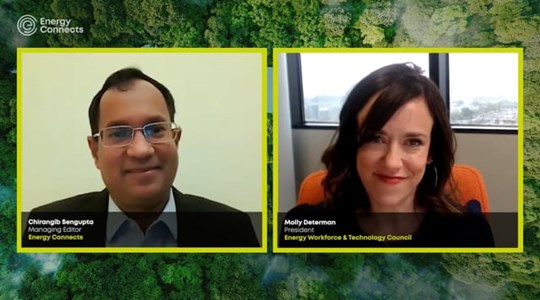
Energy Workforce helps bridge the gender gap in the industry
Mar 08, 2024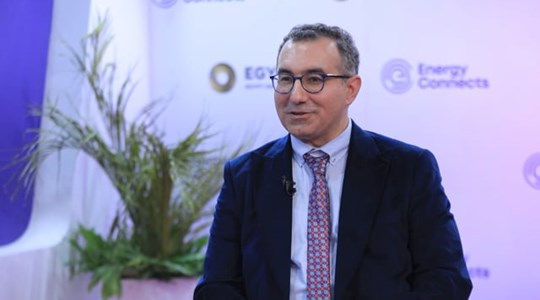
EGYPES Climatech champion on a mission to combat climate change
Mar 04, 2024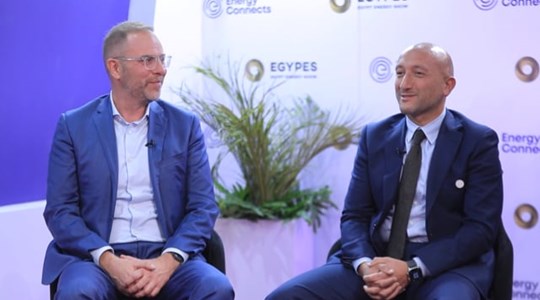
Fertiglobe’s sustainability journey
Feb 29, 2024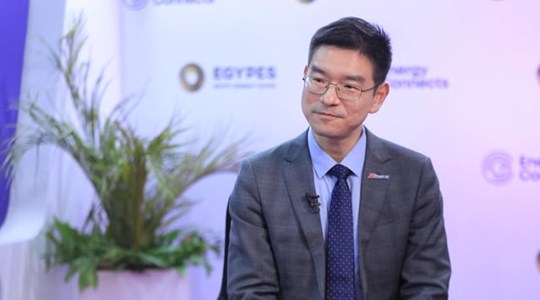
Neway sees strong growth in Africa
Feb 27, 2024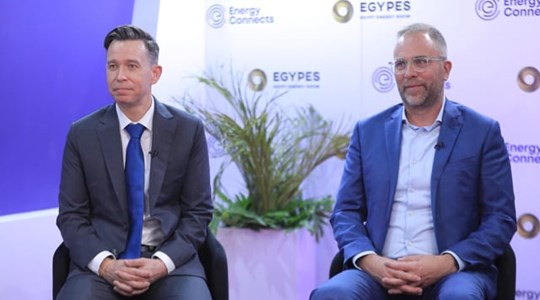
P&O Maritime Logistics pushing for greater decarbonisation
Feb 27, 2024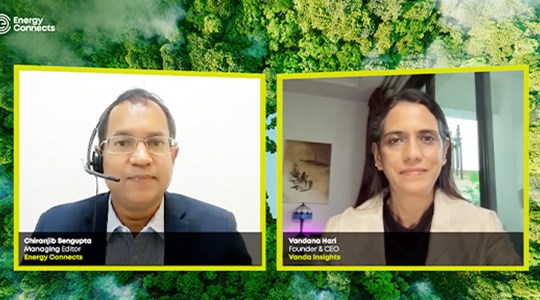
India’s energy sector presents lucrative opportunities for global companies
Jan 31, 2024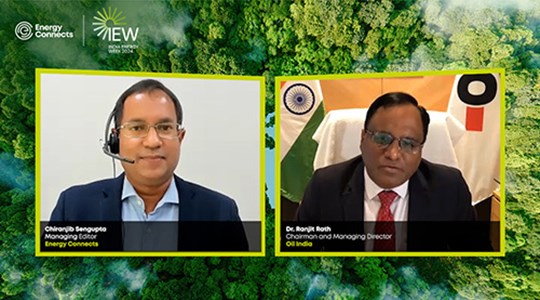
Oil India charts the course to ambitious energy growth
Jan 25, 2024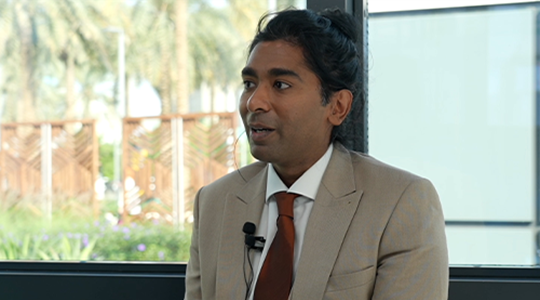
Maritime sector is stepping up to the challenges of decarbonisation
Jan 08, 2024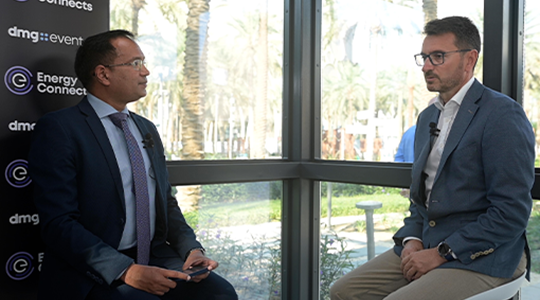
COP28: turning transition challenges into clean energy opportunities
Dec 08, 2023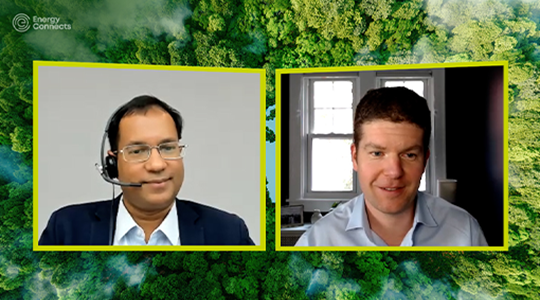
Why 2030 is a pivotal year in the race to net zero
Oct 26, 2023Partner content

Ebara Elliott Energy offers a range of products for a sustainable energy economy
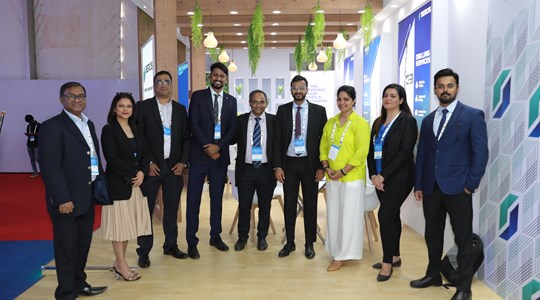
Essar outlines how its CBM contribution is bolstering for India’s energy landscape
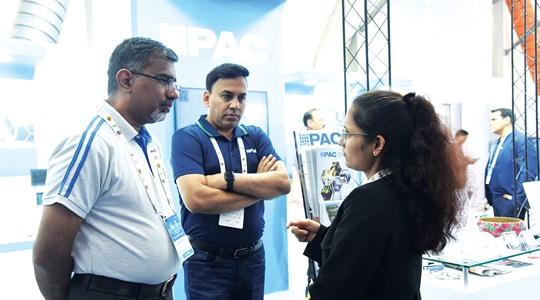
Positioning petrochemicals market in the emerging circular economy
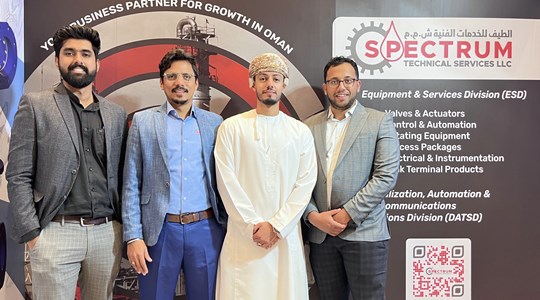
Navigating markets and creating significant regional opportunities with Spectrum




